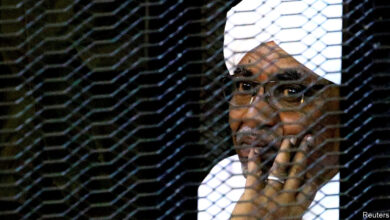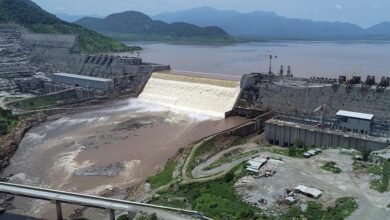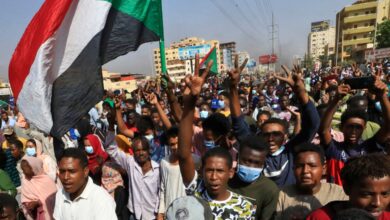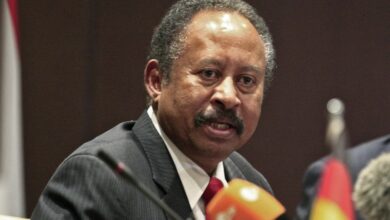Sudan
Nile Dam Issue: Sudanese PM Rejects Ethiopia’s Proposal To Sign Partial Agreement
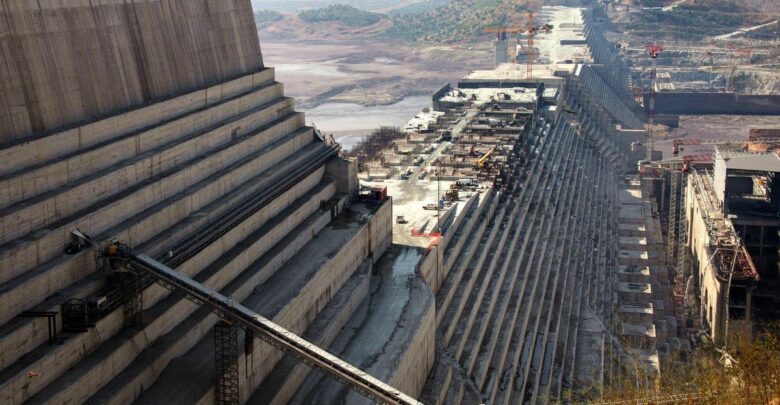
Sudan has rejected Ethiopia’s proposal to sign a partial agreement on the filling of the controversial mega Nile dam known as the Grand Renaissance Dam (GERD), reported Al Jazeera.
On Tuesday, Sudan’s Prime Minister Abdalla Hamdok said he refused to sign a partial agreement related to the Nile dam’s filling due to the absence of coordinated planning and outstanding technical and legal issues dealing with the dam including the coordination mechanism, data exchange, dam safety, and environmental and social impacts.
Hamdok, whom Ethiopian Prime Minister Abiy Ahmed had urged to sign the agreement, instead, appealed for a tripartite agreement between Khartoum, Addis Ababa and Cairo, before the start of the first filling of the Renaissance Dam, expected in July, even if via video conference because of the coronavirus pandemic.
The dispute over the mega $4.5 billion hydroelectric dam on the Blue Nile has dampened Ethiopia’s desire to pull millions out of poverty against Egypt’s concerns over its critical water supply. Once completed, the dam is likely to become the biggest power source in Africa estimated to produce some 6GW when fully operational.
While Ethiopia is banking on the Grand Renaissance Dam to provide much-needed electricity and income for development, Egypt is concerned that the dam, if filled too quickly, will constrict its main source of freshwater.
Sudan’s chief negotiator in talks on the dam facilitated by the US administration, Hamad Saleh, most of the issues concerning the Nile dam including long-term environmental and social impacts cannot be ignored.
Hamad revealed that Khartoum is making progress to resume the negotiation process by referring to the talks initiated by Washington that dealt with about 90 percent of the points of disagreement. He was referring to a series of meetings arranged by the US Treasury and supported by the World Bank.


